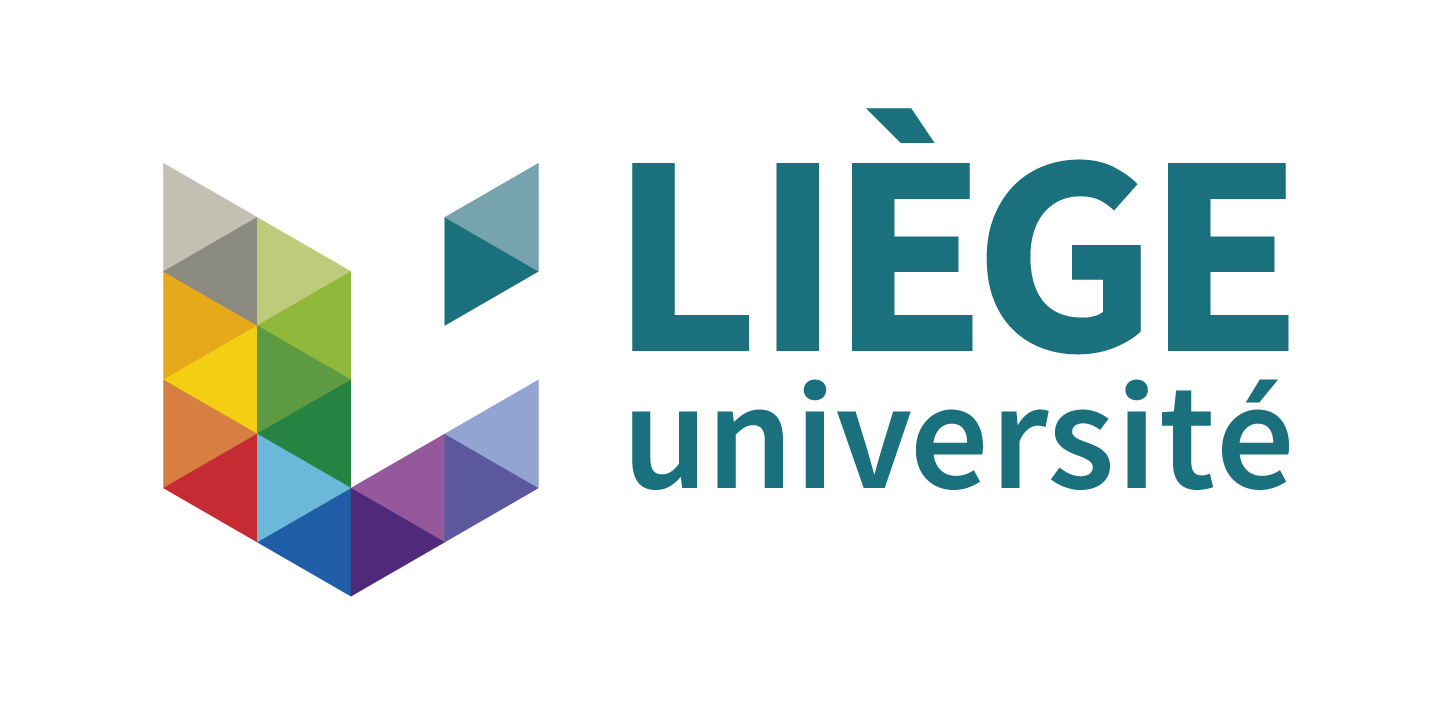List of potential situations triggering (or not) controls on technical assistance while hosting non-EU researchers
Implementation of the EU Regulation 2021/821 of the European Parliament and of the Council of 20 May 2021 setting up a Union regime for the control of exports, brokering, technical assistance, transit and transfer of dual-use items[1]
By analysing the new EU Regulation 2021/821 of 20 May 2021 setting up a Union regime for the control of exports, brokering, technical assistance, transit and transfer of dual-use items, we have tried to identify the potential situations where an EU research laboratory might have to trigger (or not) controls on technical assistance while it is hosting researchers originating from non-EU Member States.
We have identified six potential scenarios. Before going further in our analysis, we will be pleased to receive comments, suggestions and critics from the scientific community and from practitioners, via email (esu@uliege.be) as well as via LinkedIn comments (ESU Uliège), on the attached documents shortly summing up the different hypotheses.
List of potential situations triggering (or not) controls on technical assistance while hosting non-EU researchers
In all the following scenarios the conditions of article 8.1, 8.2 and 8.5 (“being aware” or “informed” of uses referred to in article 4(1) ) are satisfied.
- A non-EU citizen[2] will collaborate with an EU laboratory to carry out research activities using or working on items listed by the Regulation (Annex I) and (s)he will be provided technical assistance services[3].
- Authorization/notification is required according to article 8 of Regulation (EU) 2021/821.
- A non-EU citizen will collaborate in research activities not using or working on items listed by the Regulation (Annex I) but the lab where (s)he will be hosted does.
- Authorization is, in principle, not required but impermeability between researchers working in the same lab – though not on the same project – has to be guaranteed (ICP of the laboratory).
- A non-EU citizen will collaborate in research activities that are at the edge of its technological development but not listed by the Regulation (Annex I) and technical assistance is provided to her/him.
- Authorization/notification is, in principle, not required unless implementation of the catch-all clause (article 8.4 of Regulation (EU) 2021/821) is triggered.
- A non-EU citizen targeted or coming from a country/entity targeted by UN, EU, national restrictive measures or sanctions will collaborate in research activities that are at the edge of its technological development but not listed by the Regulation (Annex I) and technical assistance is provided to her/him.
- Authorizatio/notification is, in principle, not required unless implementation of the catch-all clause (article 8.4 of Regulation (EU) 2021/821) is triggered.
- Temporary resident visa might, in principle, not be granted if he/she is targeted.
- A non-EU citizen coming from a sensitive lab/country (as defined by an external tool like China Defense Universities Tracker[4]) and (s)he will collaborate to research activities that are at the edge of its technical development but not listed by the Regulation (Annex I) and technical assistance is provided to her/him.
- Authorization/notification is, in principle, not required unless implementation of the catch-all clause (article 8.4 of Regulation (EU) 2021/821) is triggered.
- A non-EU citizen will collaborate with an EU laboratory located in the EU custom territory to carry out research activities using or working on items listed by the Regulation (Annex I) and (s)he will provide technical assistance to her/his lab located in the country of origin, equally part of the project, by videoconference or by any other electronic means.
- Authorization/notification is required pursuant to article 8 of Regulation (EU) 2021/821.
[1] https://eur-lex.europa.eu/eli/reg/2021/821.
[2] Excluding Non-EU citizens covered by article 8.3 of Regulation (EU) 2021/821.
[3] According to article 2(9) of Regulation (EU) 2021/821 ‘technical assistance’ means “any technical support related to repairs, development, manufacture, assembly, testing, maintenance, or any other technical service, and may take forms such as instruction, advice, training, transmission of working knowledge or skills or consulting services, including by electronic means as well as by telephone or any other verbal forms of assistance”.
[4] https://unitracker.aspi.org.au.



No responses yet